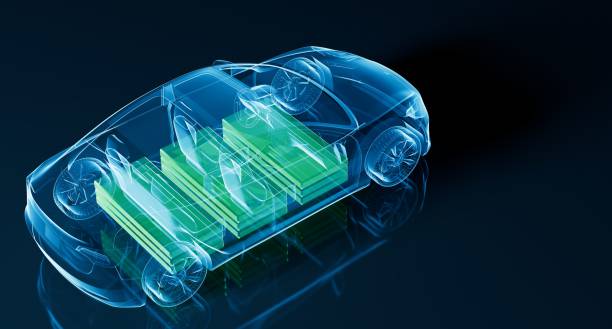The silvery-white metal lithium is used primarily in the production of batteries. You can find it in electric cars, computers, and cell phones. It could be better, but it does reduce people’s reliance on fossil fuels and power green energy. We should be aware of how much it we use. We shouldn’t become overly dependent on lithium-ion battery technology.
Lithium is obtained through a dirty method.
Batteries made from lithium will help reduce the use of fossil fuels, but the extraction process can harm the soil and pollute the air.
In South America, people use a staggering 500 000 gallons of water to produce a tonne of lithium. Excessive water use has negative impacts on local wildlife and human populations.
In China and Australia, people mine lithium as a mineral known as spodumene. Then, they process it using high temperatures and a lot of energy. They also leach the mineral with acid to extract lithium.
It must then be turned into batteries. A full 77% percent of all Li-ion battery production in the world is done in China. This process uses coal. Li-ion battery production is, therefore, not environmentally sustainable.
Lithium-ion batteries are sensitive when it comes to temperature.
Li-ion Batteries are prone to explosives when they become too hot. They also contain the elements necessary for a self-sustaining fire. This is another reason to avoid becoming overly dependent on Lithium-ion batteries.
They are hard to recycle
Although lithium batteries can be recycled to reduce the dependence on mining, this is not easy. The batteries are designed for energy efficiency, not end-of-life processes. Recycling center workers say that they’re hard to recycle. Internal components are hard to remove because they’re welded together.
Many countries still need to develop the technology to recycle these batteries in mass quantities, so many batteries end up in landfills. As EVs’ popularity grows, this will be a significant problem.
Scientists must find a way to recycle Li-ion batteries to recover the metal efficiently. Alternatives include expanding mining operations.

